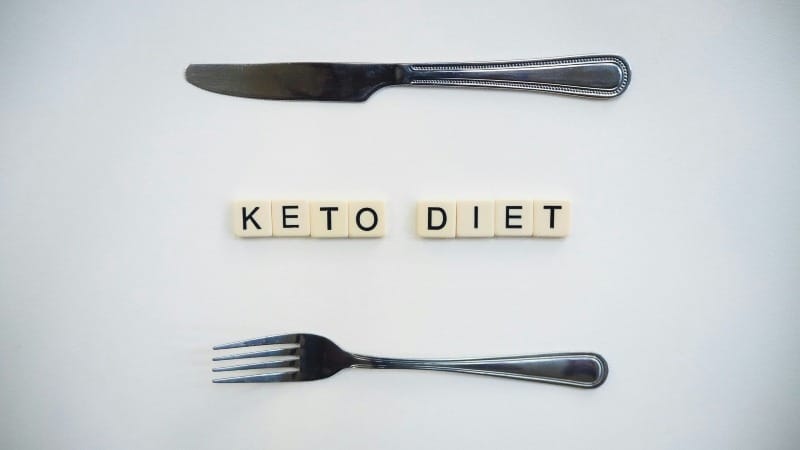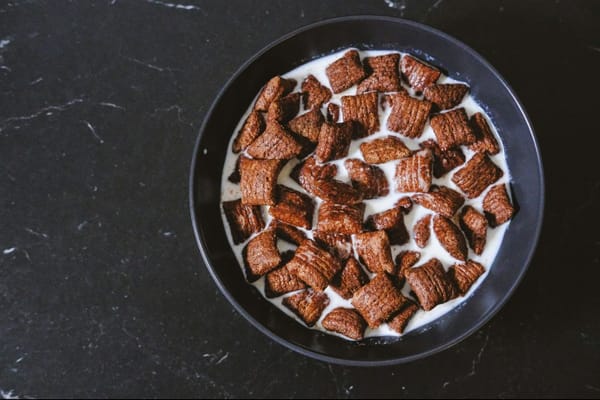The ketogenic diet, popularly known as the keto diet, has been a hot topic in the health and wellness world for years. Praised for its potential weight loss benefits, this low-carb, high-fat eating plan has garnered a massive following. However, recent research has shed light on some concerning side effects that might make you think twice before jumping on the keto bandwagon.
Key Takeaways:
- A new study reveals that the keto diet may negatively impact gut health by reducing beneficial bacteria.
- The diet is associated with increased levels of "bad" cholesterol, potentially raising heart disease risk.
- While effective for short-term weight loss, the keto diet's long-term health effects are questionable.
- Experts recommend a balanced approach to nutrition rather than extreme diets.
What is the Keto Diet?
Before diving into the recent findings, let's briefly recap what the ketogenic diet entails. The keto diet is a high-fat, low-carbohydrate eating plan that aims to put your body into a state of ketosis. In this state, your body burns fat for fuel instead of carbohydrates, which is why it's become so popular for weight loss[4].
A typical keto diet consists of:
- 70-80% of calories from fat
- 10-20% of calories from protein
- 5-10% of calories from carbohydrates
This drastic reduction in carbohydrates forces your body to rely on fat for energy, leading to weight loss for many people. However, as with any extreme diet, there are potential downsides that need to be considered.

The Study: Keto's Impact on Gut Health and Cholesterol
A recent study published in the journal Frontiers in Nutrition has raised some red flags about the keto diet's effects on our gut health and cholesterol levels[4]. Let's break down the key findings:
Gut Health Concerns
The study found that the keto diet significantly reduced the abundance of beneficial gut bacteria, particularly bifidobacteria[4]. These friendly bacteria play a crucial role in our digestive health and overall well-being. They help:
- Digest fiber
- Produce vitamins
- Support our immune system
- Maintain a healthy gut barrier
The reduction in bifidobacteria was linked to the diet's extremely low fiber intake. On average, participants on the keto diet consumed only about 15 grams of fiber per day, which is half the recommended daily intake[4].
Cholesterol Level Increases
Another concerning finding was the impact on cholesterol levels. The study revealed that the keto diet led to increases in both total cholesterol and LDL cholesterol (often referred to as "bad" cholesterol)[4]. High levels of LDL cholesterol are associated with an increased risk of heart disease and stroke.
Why These Findings Matter
You might be wondering why these changes in gut bacteria and cholesterol levels are such a big deal. Let's break it down:
The Importance of Gut Health
Our gut microbiome, the collection of microorganisms living in our digestive tract, plays a vital role in our overall health. A healthy gut is linked to:
- Better digestion
- Stronger immune function
- Improved mental health
- Lower risk of chronic diseases
When we disrupt the balance of our gut bacteria, as the keto diet appears to do, we may be setting ourselves up for various health issues down the line[7].
Cholesterol and Heart Health
While some proponents of the keto diet argue that increased fat intake doesn't necessarily lead to heart problems, the rise in LDL cholesterol observed in this study is concerning. LDL cholesterol can build up in your arteries, increasing your risk of heart disease and stroke[2].
The Fiber Factor
One of the main reasons the keto diet may be harmful to gut health is its low fiber content. Fiber is crucial for maintaining a healthy gut microbiome, as it serves as food for beneficial bacteria[4]. The drastic reduction in carbohydrates on the keto diet often leads to a significant decrease in fiber intake.
Fiber-rich foods that are typically limited or eliminated on the keto diet include:
- Whole grains
- Legumes
- Many fruits
- Starchy vegetables
Weight Loss vs. Long-Term Health
It's important to note that while the keto diet can be effective for short-term weight loss, these new findings raise questions about its long-term health effects[5]. Rapid weight loss can be appealing, but it's crucial to consider the overall impact on your health.
Expert Opinions
Many health experts express caution about the long-term use of the keto diet. Dr. Elizabeth Klodas, a cardiologist, warns that "a diet that's high in animal fats could increase your risk for heart disease"[2]. She emphasizes the importance of a balanced diet that includes a variety of nutrients.
Alternatives to Consider
If you're looking to improve your health or lose weight, there are alternatives to the keto diet that may be more sustainable and beneficial in the long run:
- Mediterranean Diet: Rich in fruits, vegetables, whole grains, and healthy fats, this diet is associated with numerous health benefits.
- Plant-Based Diets: Focusing on plant foods can improve gut health and lower cholesterol levels.
- Balanced, Whole Food Approach: Emphasizing whole, unprocessed foods while maintaining a balance of nutrients can support overall health.
Conclusion: Is Keto Worth the Risk?
While the ketogenic diet may offer short-term weight loss benefits, the potential risks to gut health and heart health cannot be ignored. The reduction in beneficial gut bacteria and increase in "bad" cholesterol levels are significant concerns that should be taken seriously.
Before starting any new diet, especially one as restrictive as keto, it's crucial to consult with a healthcare professional. They can help you weigh the potential benefits against the risks and determine if it's the right choice for your individual health needs.
Remember, there's no one-size-fits-all approach to nutrition. The best diet is one that you can maintain long-term, provides all the nutrients your body needs, and supports your overall health and well-being. Instead of focusing on extreme diets, consider adopting a balanced eating plan that includes a variety of whole foods, plenty of fiber, and moderate portions.
Your gut and your heart will thank you for it in the long run 😄
Citations:
[1] https://www.pennmedicine.org/news/news-blog/2019/april/a-cardiologists-take-on-the-keto-diet
[3] https://www.mensjournal.com/health-fitness/keto-diet-raises-cholestoral-hurts-gut-health-study
[5] https://www.ncbi.nlm.nih.gov/pmc/articles/PMC8747023/
[6] https://www.sciencedaily.com/releases/2024/08/240806131305.htm















Member discussion